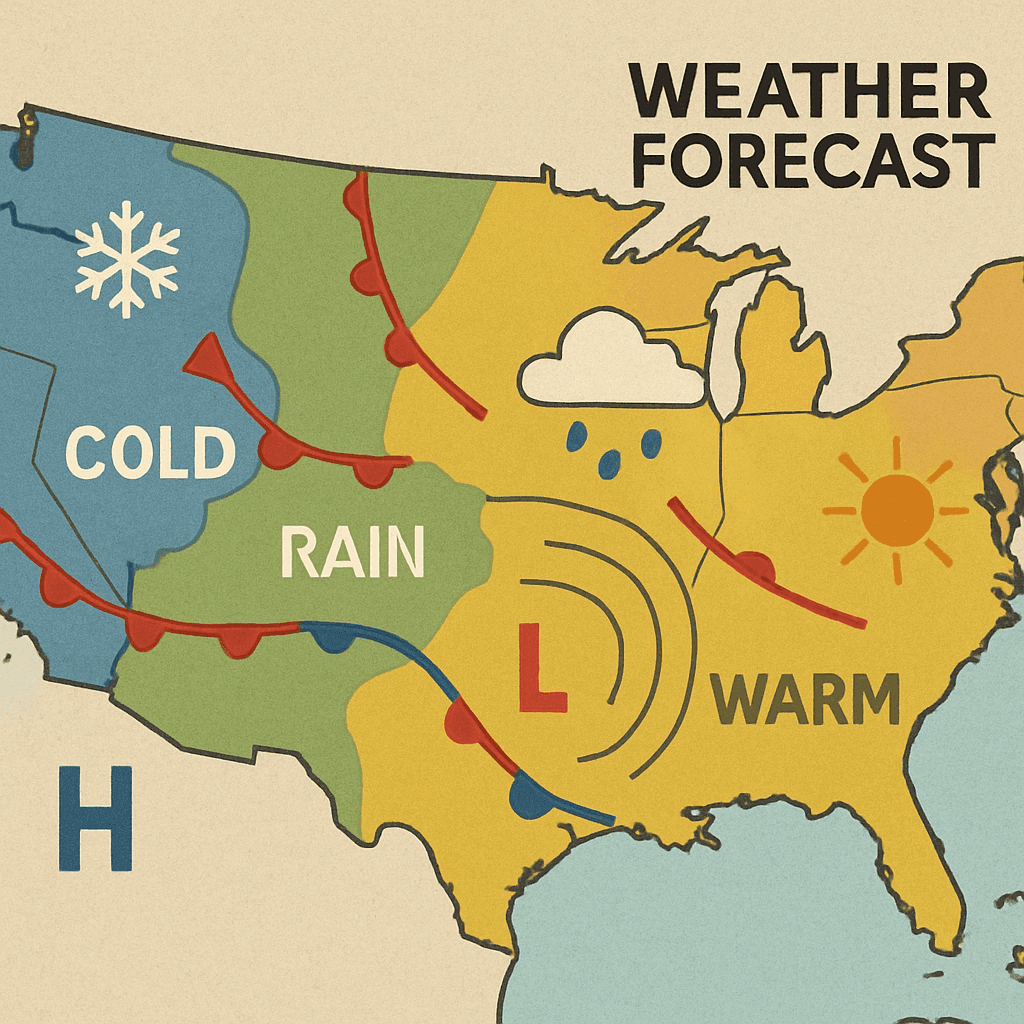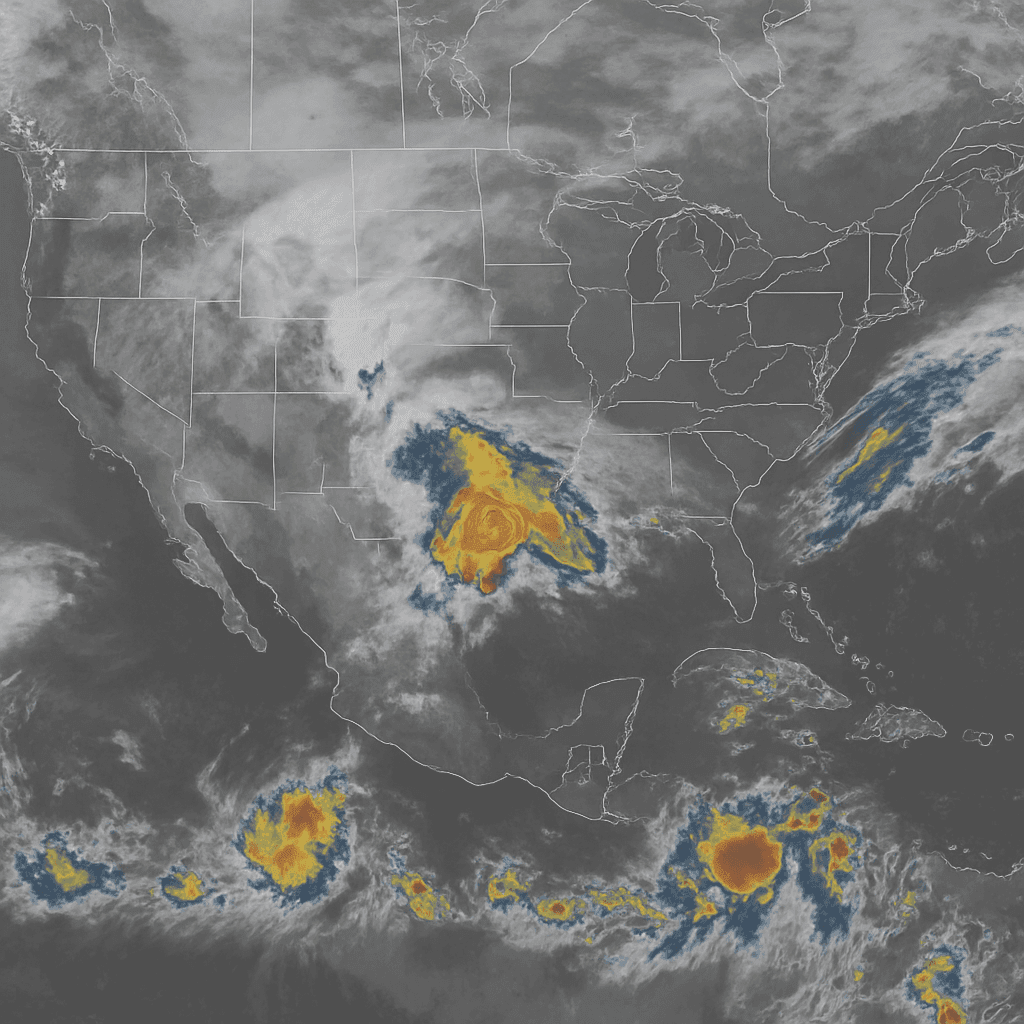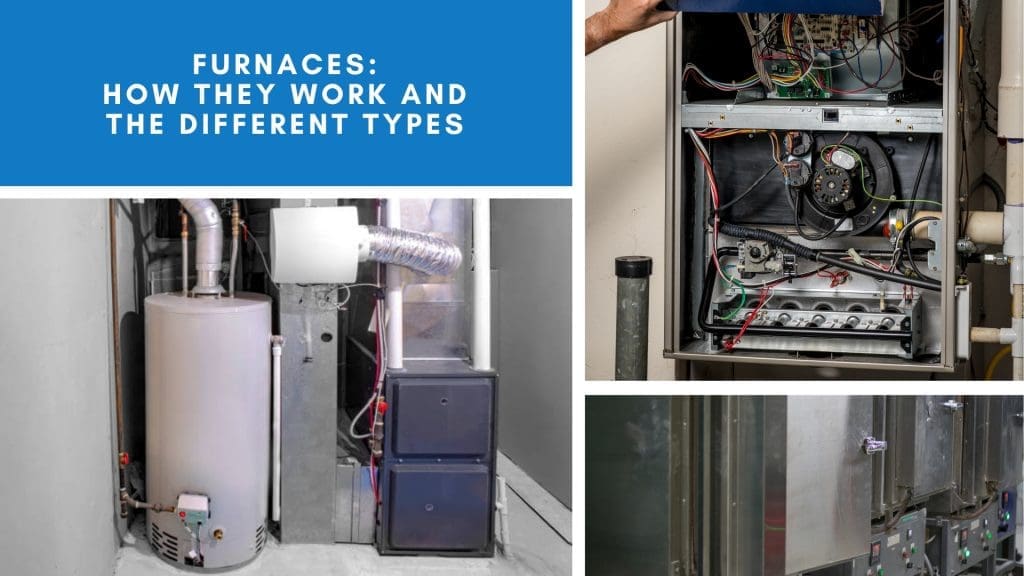TL;DR Summary for Those in a Hurry:
- 30-Day Weather Predictions are long-range forecasts that give a general outlook on weather trends over the next month, but they are far less precise than short-term forecasts.
- While forecasts up to about a week can be relatively accurate (around 80–90 % for short ranges), accuracy drops significantly the farther out you go.
- Meteorologists can still indicate overall patterns (warmer/colder or wetter/drier trends) for long-range outlooks, but specific daily weather predictions are unreliable at 30 days.
- Use 30-day forecasts as a broad trend guide, not a guarantee of exact weather conditions.
Weather forecasts play a crucial role in our daily lives, especially for those of us living in the bustling Los Angeles metropolitan area.
With its diverse climate ranging from sunny beaches to cooler mountain areas, understanding the weather can make all the difference in daily planning.
From organizing family outings to scheduling HVAC maintenance, accurate weather predictions can help make life a bit easier and more manageable.
However, when it comes to long-range forecasts—like 30-Day Weather Predictions or more—how reliable are they really? This question is particularly pertinent as we rely more on technology for planning our lives.

Understanding Weather Predictions
To understand the accuracy of extended weather forecasts, it’s important to first grasp how weather predictions are made.
Meteorologists use a combination of satellite data, ground observations, and sophisticated computer models to predict weather patterns.
Satellites provide a bird’s-eye view of weather systems, capturing data that would be impossible to gather from the ground.
Ground observations, on the other hand, offer detailed, localized data points that can be crucial in understanding microclimates.
These models analyze vast amounts of data to simulate atmospheric conditions, which can then be used to forecast weather up to several weeks in advance, giving us a glimpse of potential future conditions.

Short-Term vs. Long-Term Forecasts
Short-term forecasts, such as those predicting weather over the next few days, tend to be relatively accurate.
This is because the data used to generate these forecasts is current and comprehensive, allowing meteorologists to make predictions with a high degree of confidence.
Additionally, short-term forecasts benefit from the ability to closely monitor real-time weather changes, which can be rapidly incorporated into updated predictions.
However, as we move into long-term forecasts, like those predicting weather for the next two weeks or beyond, the level of uncertainty increases significantly.
This uncertainty arises because weather systems can change dramatically over time, and small errors in initial data can lead to large discrepancies in predictions.

The Challenge of 30-Day Weather Forecasts
Long-range forecasts, such as the 30-day weather forecast or even a 45-day forecast, are inherently less reliable than their short-term counterparts.
The farther into the future we look, the more the accuracy diminishes. Here’s why:
The Complexity of Weather Systems
Weather systems are incredibly complex and influenced by countless variables. Factors such as ocean currents, atmospheric pressure, and even human activities can all play a role in shaping weather outcomes.
As time progresses, small changes in initial conditions can lead to significant differences in weather outcomes—a concept known as the “butterfly effect.” This makes long-range predictions more susceptible to error, as the potential for these small changes to escalate increases with time.
Moreover, the interconnected nature of global weather systems means that changes in one region can have ripple effects across the globe, further complicating long-term predictions.
Limitations of Current Technology
While technology has greatly advanced, it is not yet capable of accounting for every variable involved in weather forecasting.
Current computer models, while sophisticated, still rely on simplifications and assumptions that may not hold true over extended periods.
This limitation means that long-term forecasts are often based on probabilities rather than certainties, providing a range of possible outcomes rather than a single, definitive prediction.
Additionally, the sheer volume of data required for accurate long-term forecasting is immense, and processing this data in real-time remains a challenge for even the most advanced systems.
As a result, long-term forecasts should be viewed as general trends rather than precise predictions.
How Long-Term Weather Forecasts Are Calculated
Long-term weather forecasts—ranging from 10 days to several weeks ahead—are based on large-scale atmospheric patterns rather than precise day-to-day predictions.
While short-term forecasts rely on detailed, rapidly updating data, long-term forecasting uses complex climate models that analyze how major systems evolve over time. Here are the key components involved:
1. Global Atmospheric Models
Meteorological agencies rely on powerful supercomputers that simulate the Earth’s atmosphere. These models incorporate:
- Air pressure
- Wind patterns
- Humidity
- Ocean temperatures
- Jet streams
These variables interact across vast geographical regions, producing projections of how weather systems might behave in the future.
2. Ensemble Forecasting
Because the atmosphere is chaotic, meteorologists run multiple simulations with slightly different initial conditions. This method—called ensemble forecasting—helps determine the range of possibilities.
- If most models agree → higher confidence
- If models diverge → forecast uncertainty increases
The final forecast reflects the probability of certain weather trends.
3. Long-Term Climate Trends
Long-term forecasts rely more on patterns than on short-term events. Forecasters examine:
- Seasonal wind circulation
- Sea-surface temperature anomalies (e.g., El Niño, La Niña)
- Soil moisture levels
- Snow cover and polar ice conditions
These slow-changing components influence regional climates over weeks or months.
4. Reduced Precision Over Time
Because small atmospheric variations amplify as time passes, long-term forecasts focus on general tendencies, such as:
- Above-average or below-average temperatures
- Increased or decreased probability of rainfall
- Likely storm activity
Specific details (like exact temperatures or timing of storms) cannot be predicted reliably beyond 10–14 days.
5. Human Expertise
Meteorologists fine-tune long-term projections using:
- Historical analog patterns
- Satellite observations
- Experience in regional climate behavior
Human oversight helps validate model output and filter out unrealistic scenarios.
Are 30-Day Forecasts Useful?
Despite their limitations, 30-day weather forecasts can still be valuable. They provide a general sense of upcoming weather trends and can help in planning for significant weather events.
For example, if the extended month weather forecast suggests a trend of cooler temperatures, you might prepare by checking your heating system.
Long-range forecasts can also help businesses plan for inventory needs, such as stocking up on seasonal items or scheduling staffing around expected weather conditions.
Practical Tips for Using Long-Range Forecasts
- Use Forecasts as a Guide: Treat long-range forecasts as a general guide rather than a precise prediction. They can help you prepare for potential weather changes but should not be the sole basis for decision-making. Always consider the inherent uncertainties and keep an open mind to alternative outcomes.
- Stay Updated: Weather forecasts are updated regularly as new data becomes available. Keep an eye on the latest updates to adjust your plans accordingly. This ensures that you are always working with the most current information, which can be critical in making informed decisions.
- Plan for Flexibility: When planning events or activities based on long-range forecasts, build in flexibility to accommodate potential changes in the weather. Consider alternative dates or venues to ensure that your plans are not entirely dependent on specific weather conditions.
The Role of HVAC in Weather Preparedness
As the owner of LC Heating and Air Conditioning in Hollywood, I know firsthand how important it is to be prepared for weather changes.
Whether it’s a hot summer day or a chilly winter night, having a reliable HVAC system is crucial for comfort and safety.
A well-maintained HVAC system not only ensures a comfortable indoor environment but also enhances energy efficiency, reducing operational costs in the long run.
Why Regular HVAC Maintenance Matters
Regular maintenance of your HVAC system ensures it operates efficiently and reduces the risk of unexpected breakdowns. Scheduled check-ups can identify potential issues before they become major problems, saving you both time and money.
This is especially important when facing extreme weather conditions, which can put additional strain on your system, potentially leading to failures at the most inconvenient times.
Maintenance also extends the lifespan of your equipment, ensuring that it continues to perform optimally for years to come.
Contact Us for Professional HVAC Services
If you need assistance with your HVAC system, whether it’s routine maintenance or emergency repair, our team at LC Heating and Air Conditioning is here to help.
Serving the Los Angeles metropolitan area, we pride ourselves on providing quality service and ensuring customer satisfaction.
Our team is equipped with the latest tools and expertise to handle any HVAC challenge you might face. Don’t hesitate to reach out to us at (818) 858-7080 for prompt and professional service.
Conclusion
While 30-day weather predictions may not be as accurate as short-term forecasts, they still offer valuable insights into potential weather trends.
These forecasts, combined with regular updates and personal judgment, can serve as a useful tool in your planning arsenal.
And remember, when it comes to keeping your home comfortable, trust the experts at LC Heating and Air Conditioning to handle your HVAC needs.
Stay informed, stay prepared, and let us help you maintain a comfortable home environment, no matter the weather.
By taking a proactive approach to both weather forecasting and HVAC maintenance, you can ensure a safe and pleasant living space throughout the year.
Long-range weather outlooks can hint at general trends a month ahead, but they become less specific and less accurate than short-term forecasts. Treat them as trend indicators rather than precise day-by-day predictions.
FAQ:
How accurate are 30-day weather predictions?
Thirty-day weather predictions are generally less accurate than short-term forecasts; while models can indicate broad trends over a month, specific day-to-day details are often unreliable.
Why do long-range forecasts become less reliable?
As the forecast period increases, small uncertainties grow and interact with many atmospheric factors, making detailed predictions beyond about a week less dependable.
Can 30-day forecasts still be useful?
Yes — even if they lack day-to-day accuracy, 30-day outlooks can help indicate general patterns like whether a month may trend warmer, cooler, wetter, or drier than normal.
Are weather forecasts more accurate now than in the past?
Short-range forecasts have improved over time — for example, a four-day forecast today is often as accurate as a one-day forecast decades ago — but long-range accuracy still drops off quickly with time.
How far ahead can weather forecasts be considered reliable?
Forecasts up to about 7–10 days are typically useful with reasonable precision; beyond that, weather models transition to broader trend predictions rather than exact conditions.
Should I use a 30-day forecast to plan specific events?
For specific events or exact conditions, rely more on short-term forecasts; 30-day predictions are best used for general planning and understanding likely seasonal trends.


